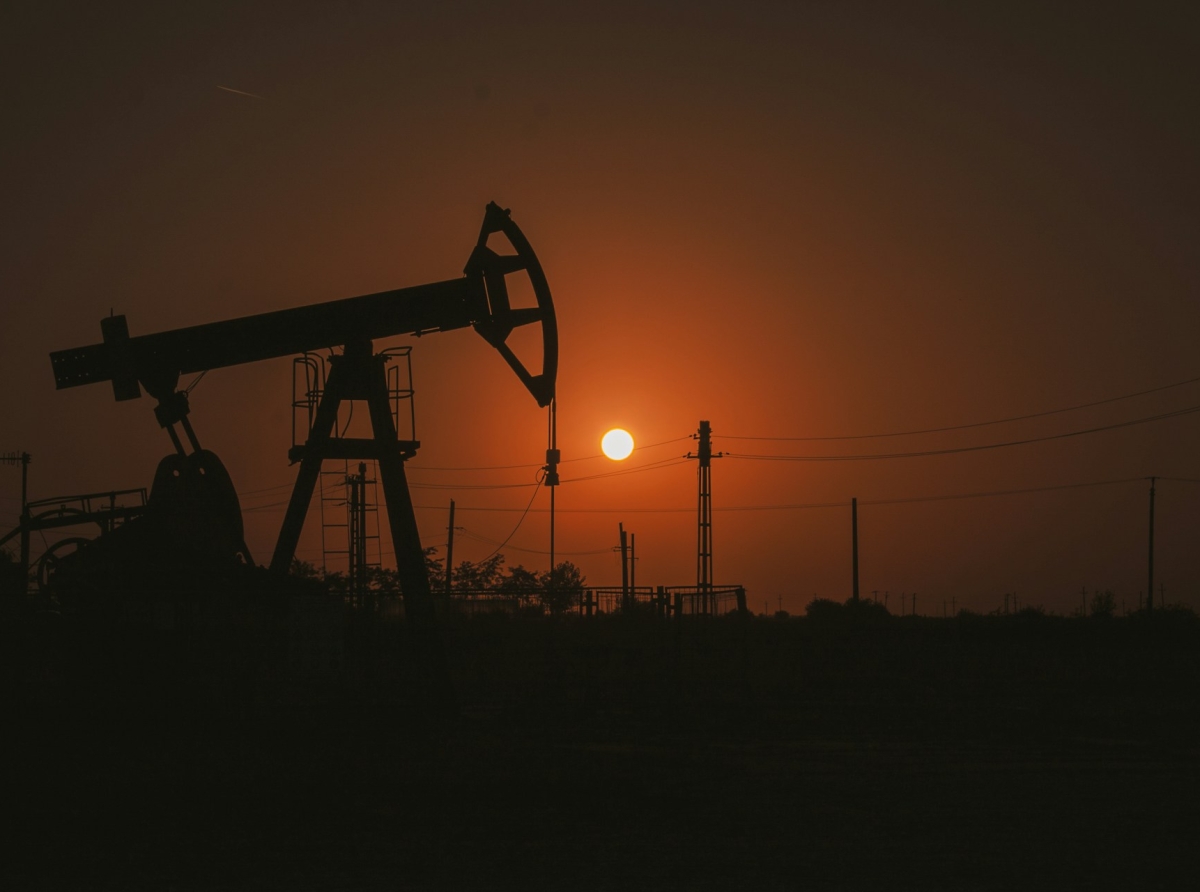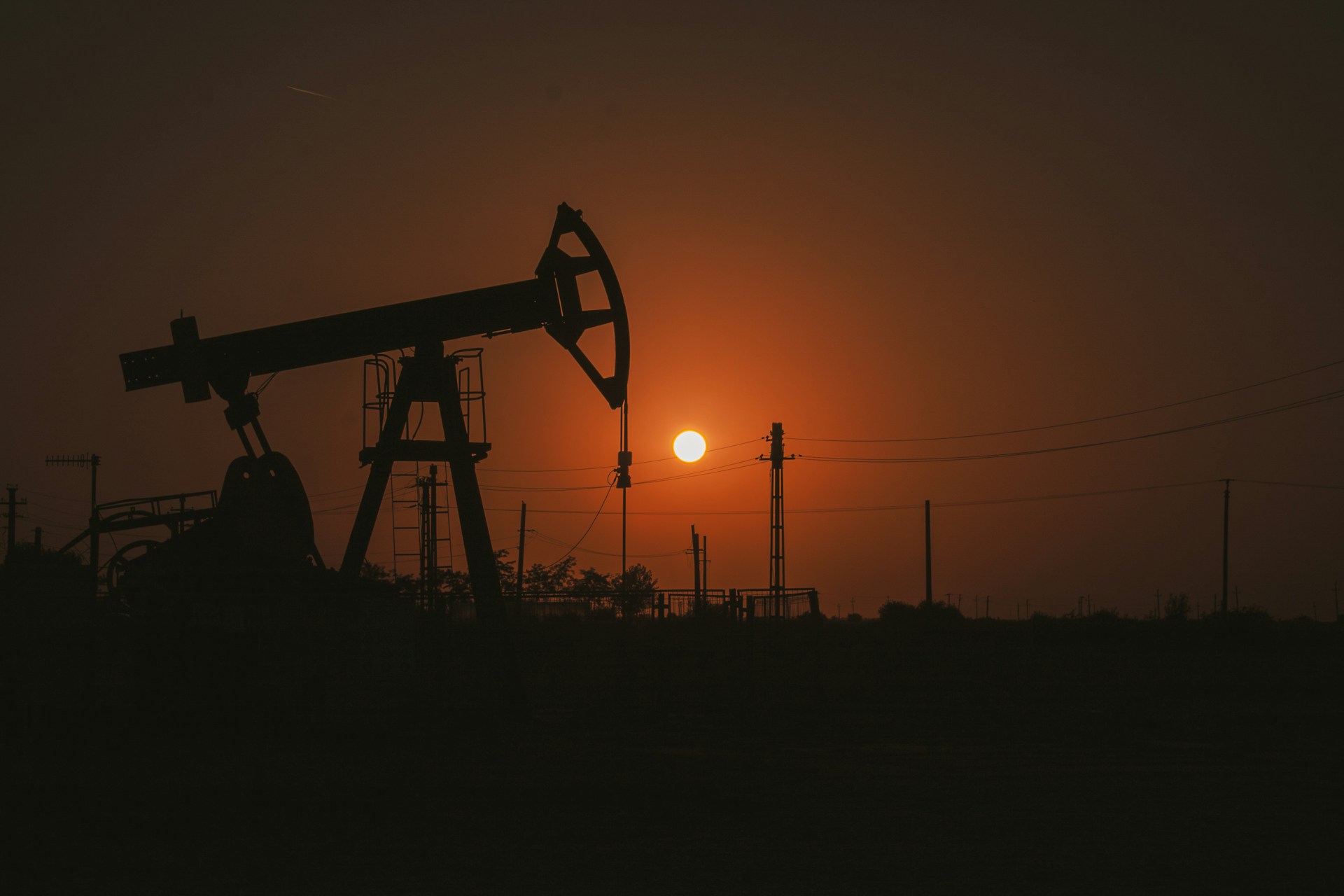What is oil on the stock exchange: the key asset of the world market Introduction

What is oil on the stock exchange: the key asset of the world market Introduction
Oil trading is a mirror of the global economy. According to ICE and NYMEX, daily oil trading volumes are in the millions of contracts, and the volatility makes this instrument attractive to both institutional players and retail traders. To succeed in this market, a trader must consider macroeconomics, geopolitics, and local factors, combining fundamental and technical analysis.
Oil is one of the most liquid and discussed commodities on the world financial markets. Its quotes daily influence not only the cost of fuel at gas stations, but also the dynamics of currencies, inflation, stock indices and even political decisions. Oil trading on the exchange has become a vital part of the global economy and an integral tool for traders and investors.
Understanding what oil is on the stock exchange, how it is traded and what factors determine its price is necessary for anyone planning to build an investment strategy or simply wants to navigate economic news.
Understanding what oil is on the stock exchange, how it is traded and what factors determine its price is necessary for anyone planning to build an investment strategy or simply wants to navigate economic news.

What is oil on the stock exchange: the key asset of the world market Introduction
Oil as a commodity
On the exchange, oil is represented in the form of futures contracts - obligations to buy or sell a certain volume of oil at a fixed price in the future. This allows you to hedge risks and speculate on price changes.Key grades of oil traded on the exchange:
Brent is the benchmark for Europe, Africa and the Middle East.
WTI (West Texas Intermediate) is an American benchmark, actively traded in the USA.
Dubai/Oman - a landmark for Asia.
Each variety differs in quality, density and region of extraction, which affects the price.
Where is oil traded?
NYMEX (New York Mercantile Exchange, USA)WTI futures are traded here.
ICE (Intercontinental Exchange, London)
The main venue for Brent oil contracts.
Tokyo Commodity Exchange (TOCOM, Japan)
Platform for oil trading in Asia.
In addition, oil is traded on over-the-counter (OTC) markets and through electronic platforms with brokers around the world.
How is the price of oil formed?
The price of oil on the exchange is the result of the balance of supply and demand. It is influenced by:Geopolitics: conflicts in oil-producing regions, sanctions, OPEC+ decisions.
Economic indicators: GDP growth, industrial production, inflation.
US Dollar: Oil is quoted in dollars, so the exchange rate directly affects its price.
Oil reserves: reports from the US Department of Energy and other agencies.
Innovations: development of alternative energy, “green” policy.
Why is oil so important for traders and investors?
High liquidity - large volumes of transactions daily.Volatility - sharp price fluctuations provide opportunities for speculation.
Global factor - oil influences stock markets, currencies and bonds.
Hedging - Companies use futures to protect themselves from price risks.
Risks of Oil Trading
Sharp price jumps due to news or political events.Leverage: Trading with margin lending can increase losses.
Regional risks: different markets are exposed to specific factors (for example, sanctions against Russia or instability in the Middle East).
False signals: predicting the price of oil is extremely difficult, as the market reacts to dozens of factors simultaneously.
Oil Strategies
Fundamental analysisStudy of OPEC reports, reserves, macroeconomic statistics.
Technical Analysis
Using charts, indicators and patterns to find entry and exit points.
Arbitrage
Simultaneous trading of different grades of oil or contracts on different exchanges.
Long-term investing
Buying oil ETFs or shares of companies in the sector.
GEO context
The United States is the largest producer and consumer of oil, where WTI is the base grade.The Middle East is a major supplier to the world market.
Russia is one of the largest exporters of oil and gas.
China and India are the largest importers, creating stable demand.
Knowing regional specifics helps a trader understand which news and events can have the greatest impact on quotes.
Conclusion
Oil on the exchange is not just "black gold", but a strategic asset that determines the global economy and investment trends. For a trader, oil trading opens up a wide range of opportunities: from short-term speculation to long-term strategies. But at the same time, this is a market where uncertainty and risks are especially high.
Understanding how oil trading works gives a trader the key to more accurate forecasting, flexible capital management and using world events to their advantage.
Written by Ethan Blake
Independent researcher, fintech consultant, and market analyst.
September 15, 2025
Join us. Our Telegram: @forexturnkey
All to the point, no ads. A channel that doesn't tire you out, but pumps you up.
Oil on the exchange is not just "black gold", but a strategic asset that determines the global economy and investment trends. For a trader, oil trading opens up a wide range of opportunities: from short-term speculation to long-term strategies. But at the same time, this is a market where uncertainty and risks are especially high.
Understanding how oil trading works gives a trader the key to more accurate forecasting, flexible capital management and using world events to their advantage.
Written by Ethan Blake
Independent researcher, fintech consultant, and market analyst.
September 15, 2025
Join us. Our Telegram: @forexturnkey
All to the point, no ads. A channel that doesn't tire you out, but pumps you up.









Report
My comments